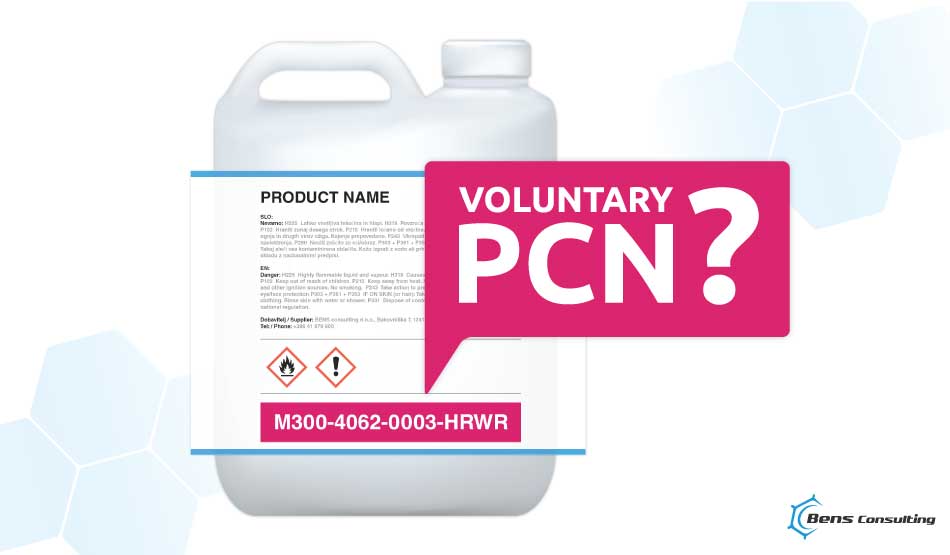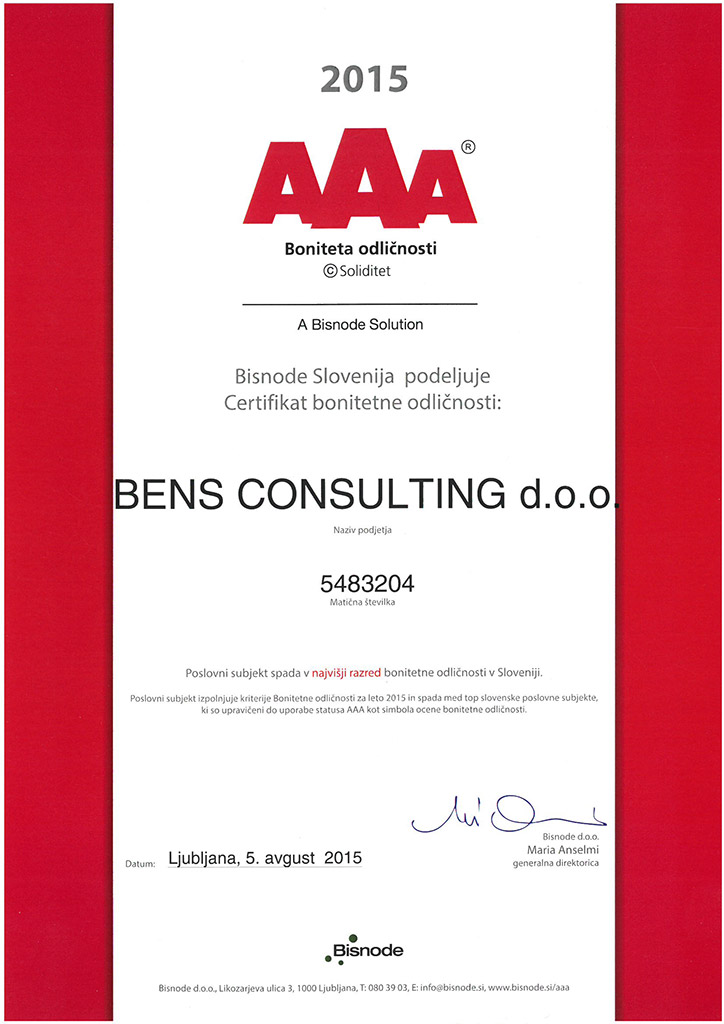
We have been devoting a lot of attention to the Poison Center Notification (PCN) obligations on our blog.
If you are new to the subject, I can recommend starting with our article on What is a PCN.
If you are already familiar with the subject, let us take a closer look at the so called Voluntary Poison Centre Notification – Voluntary PCN.
As the name suggests, Voluntary PCN is a submission to the Poison Centres, made on a voluntary basis.
Now there are two occasions when you need to use Voluntary PCNs. Let’s look at both of them.
Here’s the first situation. You submit a notification for a mixture, which is outside of scope of Annex VIII. A perfect example is a mixture, classified only with H4XX hazard statements or even for mixtures, not classified as hazardous – without any hazard statements.
But Luka, I hear you say, why would I submit information for something that is not required by the regulations?
Well, one reason is that such information are intended to help the Poison Centres in their goal to prevent potential poisoning cases, i.e. babies, pre-existing pathological conditions, etc. by supporting a “quicker and more effective identification of curative measures”. (ECHA, Guidance on harmonised information relating to emergency health response, Version 5.0 – April 2022, page 39). And you must admit, this is a valid reason, right?
Here's the second reason, which is very positive – you can give the UFI code to your customer. They can then use this UFI code as a link to the composition of the mixture. Why is this good? Because it ensures the protection of your confidential business information because you do not need to disclose all the substances to your client. And at the end of the day protecting your know-how is essential to anyone’s business, isn’t it?
The second occasion on when the Voluntary PCN comes into practice is the following example.
Let’s say you are a company, based outside of European Union (EU), European Economic Area or Northern Ireland.
As we already know, only companies based in the EU/EEA or in Northern Ireland can submit Poison Centre Notification (PCN) in accordance with Annex VIII of Regulation (EC) no. 1272/2008 (CLP regulation).
So in this case, the importer is obliged to submit a PCN to ECHA. To do so, the importing legal entity needs enough information on the mixture. In a lot of cases the composition of the mixture is sensitive and confidential information.
This can be resolved by signing non-disclosure agreement (NDA) between the cooperating parties. Afterwards, the complete composition of the mixture can be shared to the importer. In this case a voluntary submission step is not needed.
However, if you don’t fancy sharing your complete composition then the voluntary PCN comes is a perfect solution for you.
A non-EU/EEA-based supplier can only submit voluntary PCNs through a EU/EEA based legal entity (we can do that, since we are an EU-based legal entity).
In such case you get a voluntary UFI code. You then give this UFI code to your buyers in the EU/EEA. Now they have everything they need to do their own PCN as duty holders (as importers of the mixture), referring to that UFI and must have their own UFI on the label – not the voluntary one.
As mentioned, this is a means for you to protect the complete composition of the mixture. The voluntary UFI will not be legally valid if placed on the label, as your company is not a duty holder in the EU/EEA.
If you need help with submitting voluntary PCNs, our team can help your company as well. Just drop us an e-mail at info@bens-consulting.eu and we will get back to you as soon as possible.






 Back to posts
Back to posts

